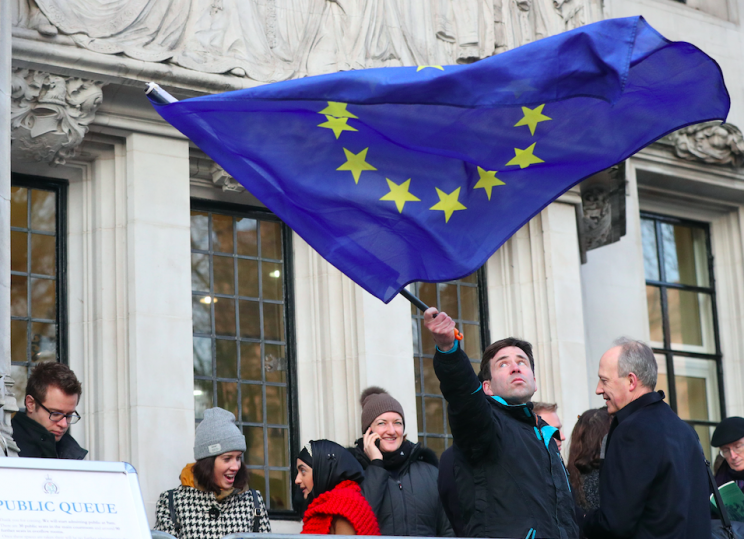Brexit ruling: What happens now after Supreme Court Article 50 decision?

The Supreme Court has ruled this morning that Parliament must be given a vote on triggering Article 50, that will start Britain’s exit from the EU.
Supreme Court justices ruled, by a majority of eight to three, that Prime Minister Theresa May cannot lawfully bypass MPs and peers by using the royal prerogative to trigger Article 50 of the Lisbon Treaty and start the two-year process of negotiating the UK’s divorce from its EU partners.
The Government says it will now do “all that is necessary” to implement the ruling, according to Attorney General Jeremy Wright.
Mr Wright said the Government was “disappointed” by the final decision in its historic battle over who has the right to authorise the start of withdrawal negotiations under Article 50 of the EU treaties.
But he said that ministers will comply with the ruling, which effectively means that MPs must be given a vote on Article 50.
So what exactly does this mean for Brexit?
What has the Supreme Court been deciding?
Whether the Prime Minister or Parliament has the final say in deciding when, and if, Article 50 of the Lisbon Treaty should be invoked. Today’s ruling means Theresa May cannot simply trigger Article 50 without putting it to a vote of MPs.


MORE: Giant otters the size of WOLVES roamed the planet six million years ago
MORE: Three puppies found after surviving FIVE DAYS trapped in Italy avalanche hotel
What is Article 50?
It is the formal mechanism which a nation state must trigger if it wishes to leave the European Union.
What does Article 50 say?
“A Member State which decides to withdraw shall notify the European Council of its intention. In the light of the guidelines provided by the European Council, the Union shall negotiate and conclude an agreement with that State, setting out the arrangements for its withdrawal, taking account of the framework for its future relationship with the Union. That agreement shall be negotiated in accordance with Article 218(3) of the Treaty on the Functioning of the European Union. It shall be concluded on behalf of the Union by the Council, acting by a qualified majority, after obtaining the consent of the European Parliament.
“The Treaties shall cease to apply to the State in question from the date of entry into force of the withdrawal agreement or, failing that, two years after the notification referred to in paragraph 2, unless the European Council, in agreement with the Member State concerned, unanimously decides to extend this period.”


Why is the Supreme Court ruling on this?
Because the Government appealed against a High Court ruling in November which blocked Prime Minister Theresa May using the royal prerogative to launch Britain’s exit from the EU without Parliament having a say.
What happens next?
Now that the Supreme Court has upheld the High Court judgment, Parliament will debate and vote on invoking the measure.

Was the result of the June referendum binding on Parliament?
No. It was a consultative plebiscite, though few people on either side mentioned that at the time.
Is Brexit likely to happen?
Yes – there is still thought to be around 500 MPs prepared to vote for triggering Article 50, compared to 150 who would vote against it.

 Yahoo Finance
Yahoo Finance 

